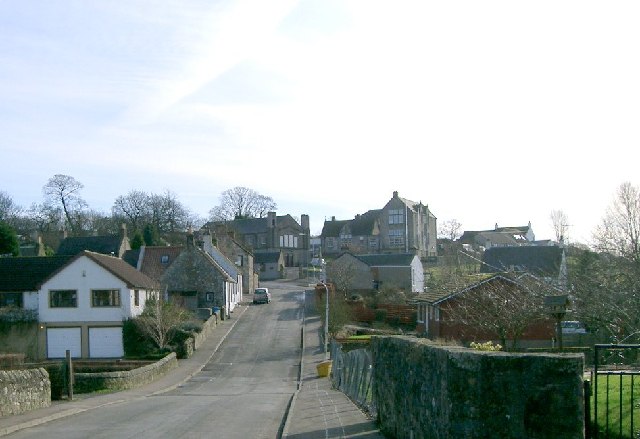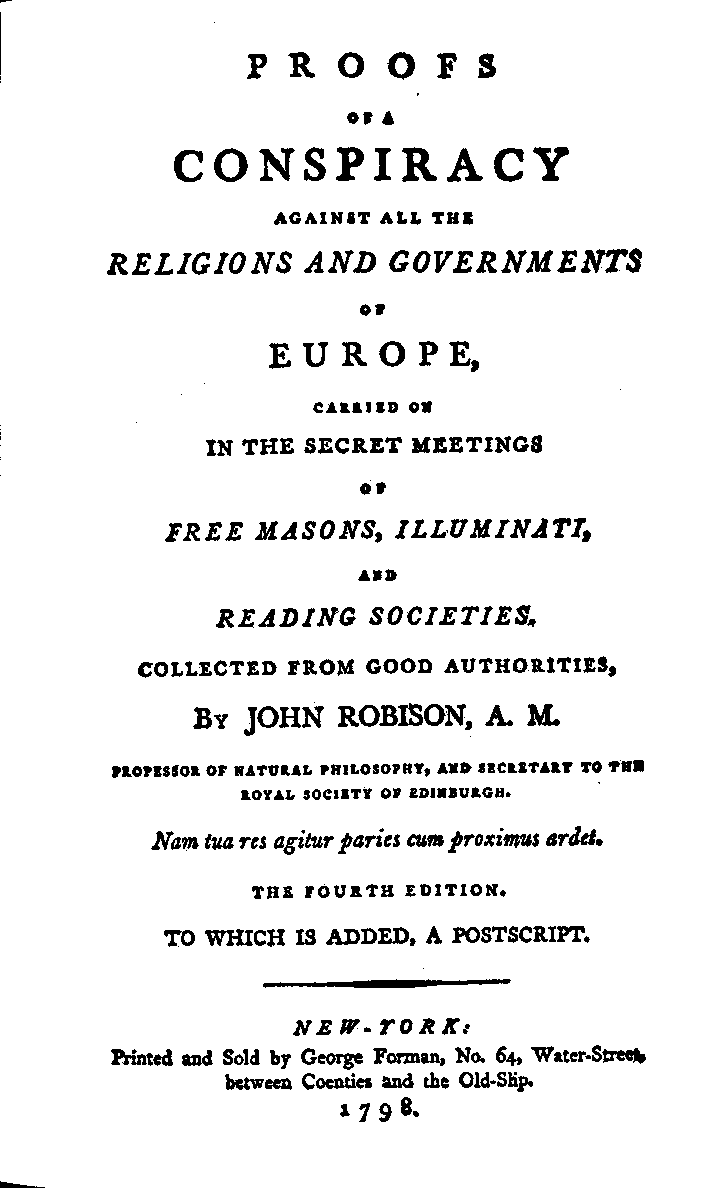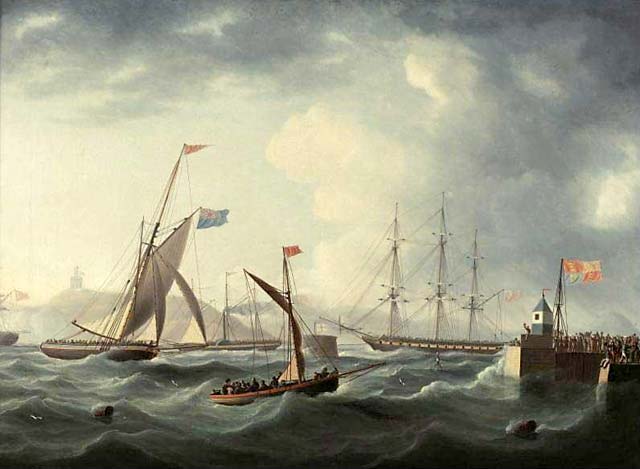|
William Erskine, Lord Kinneder
William Erskine, Lord Kinneder (1768–1822), was a friend and confidant of Sir Walter Scott, and a scholar and songwriter. Early life and education Erskine was the son of the Rev. William Erskine, Scottish Episcopal Church, episcopalian minister of Muthill, Perthshire. He was baptized at Muthill on 29 August 1768. He was educated at the University of Glasgow; while there he boarded in the house of Andrew Macdonald (poet), Andrew Macdonald, episcopalian clergyman and author of ''Vimonda'', from whom, according to Lockhart, he derived a strong passion for old English literature. Career He passed advocate at the Scottish bar on 3 July 1790, and became the close friend and literary confidant of Scott. In 1792 Erskine, with Scott and other young advocates, formed a class for the study of German. According to Scott's biographer John Gibson Lockhart, the companionship of Erskine, owing to his special accomplishments as a classical scholar and acquaintance with the "severe models of an ... [...More Info...] [...Related Items...] OR: [Wikipedia] [Google] [Baidu] |
William Erskine, Lord Kinnedder (1756-1822), By Circle Of Henry Raeburn
William is a masculine given name of Germanic languages, Germanic origin. It became popular in England after the Norman Conquest, Norman conquest in 1066,All Things William"Meaning & Origin of the Name"/ref> and remained so throughout the Middle Ages and into the modern era. It is sometimes abbreviated "Wm." Shortened familiar versions in English include Will (given name), Will or Wil, Wills, Willy, Willie, Bill (given name), Bill, Billie (given name), Billie, and Billy (name), Billy. A common Irish people, Irish form is Liam. Scottish people, Scottish diminutives include Wull, Willie or Wullie (as in Oor Wullie). Female forms include Willa, Willemina, Wilma (given name), Wilma and Wilhelmina (given name), Wilhelmina. Etymology William is related to the German language, German given name ''Wilhelm''. Both ultimately descend from Proto-Germanic ''*Wiljahelmaz'', with a direct cognate also in the Old Norse name ''Vilhjalmr'' and a West Germanic borrowing into Medieval Latin ''Wil ... [...More Info...] [...Related Items...] OR: [Wikipedia] [Google] [Baidu] |
Old Mortality
''Old Mortality'' is one of the Waverley novels by Walter Scott. Set in south west Scotland, it forms, along with ''The Black Dwarf'', the 1st series of his '' Tales of My Landlord'' (1816). The novel deals with the period of the Covenanters, featuring their victory at Loudoun Hill (also known as the Battle of Drumclog) and their defeat at Bothwell Bridge, both in June 1679; a final section is set in 1689 at the time of the royalist defeat at Killiecrankie. Scott's original title was ''The Tale of Old Mortality'', but this is generally shortened in most references. Composition and sources On 30 April 1816 Scott signed a contract with William Blackwood for a four-volume work of fiction, and on 22 August James Ballantyne, Scott's printer and partner, indicated to Blackwood that it was to be entitled '' Tales of My Landlord'', which was planned to consist of four tales relating to four regions of Scotland. In the event the second tale, ''Old Mortality'', expanded to take ... [...More Info...] [...Related Items...] OR: [Wikipedia] [Google] [Baidu] |
People From Perthshire
The term "the people" refers to the public or Common people, common mass of people of a polity. As such it is a concept of human rights law, international law as well as constitutional law, particularly used for claims of popular sovereignty. In contrast, a people is any plurality of Person, persons considered as a whole. Used in politics and law, the term "a people" refers to the collective or community of an ethnic group or nation. Concepts Legal Chapter One, Article One of the Charter of the United Nations states that "peoples" have the right to self-determination. Though the mere status as peoples and the right to self-determination, as for example in the case of Declaration on the Rights of Indigenous Peoples, Indigenous peoples (''peoples'', as in all groups of indigenous people, not merely all indigenous persons as in ''indigenous people''), does not automatically provide for independence, independent sovereignty and therefore secession. Indeed, judge Ivor Jennings i ... [...More Info...] [...Related Items...] OR: [Wikipedia] [Google] [Baidu] |
Alumni Of The University Of Glasgow
Alumni (: alumnus () or alumna ()) are former students or graduates of a school, college, or university. The feminine plural alumnae is sometimes used for groups of women, and alums (: alum) or alumns (: alumn) as gender-neutral alternatives. The word comes from Latin, meaning nurslings, pupils or foster children, derived from "to nourish". The term is not synonymous with "graduates": people can be alumni without graduating, e.g. Burt Reynolds was an alumnus of Florida State University but did not graduate. The term is sometimes used to refer to former employees, former members of an organization, former contributors, or former inmates. Etymology The Latin noun means "foster son" or "pupil". It is derived from the Latin verb "to nourish". Separate, but from the same root, is the adjective "nourishing", found in the phrase '' alma mater'', a title for a person's home university. Usage in Roman law In Latin, is a legal term (Roman law) to describe a child placed in foste ... [...More Info...] [...Related Items...] OR: [Wikipedia] [Google] [Baidu] |
1822 Deaths
Events January–March * January 1 – The Greek Constitution of 1822 is adopted by the First National Assembly at Epidaurus. * January 3 – The famous French explorer, Aimé Bonpland, is imprisoned in Paraguay on charges of espionage. * January 7 – The first freed slaves from the United States history of Liberia, arrive on the west coast of Africa, founding Monrovia on April 25. * January 9 – The Portuguese prince Pedro I of Brazil decides to stay in Brazil against the orders of the Portugal's John VI of Portugal, King João VI, beginning the Brazilian independence process. * January 13 – The design of the modern-day flag of Greece is adopted by the First National Assembly at Epidaurus, for their Maritime flag, naval flag. * January 14 – Greek War of Independence: Acrocorinth is captured by Theodoros Kolokotronis and Demetrios Ypsilantis. * February 6 – The Chinese Junk (ship), junk ''Tek Sing'' sinks in the South China Sea, drowning more than 1,800 people on ... [...More Info...] [...Related Items...] OR: [Wikipedia] [Google] [Baidu] |
1768 Births
Events January–March * January 9 – Philip Astley stages the first modern circus, with acrobats on galloping horses, in London. * February 11 – Samuel Adams's circular letter is issued by the Massachusetts House of Representatives, and sent to the other Thirteen Colonies. Refusal to revoke the letter will result in dissolution of the Massachusetts Assembly, and (from October) incur the institution of martial law to prevent civil unrest. * February 24 – With Russian troops occupying the nation, opposition legislators of the national legislature having been deported, the government of Poland signs a treaty virtually turning the Polish–Lithuanian Commonwealth into a protectorate of the Russian Empire. * February 27 – The first Secretary of State for the Colonies is appointed in Britain, the Earl of Hillsborough. * February 29 – Five days after the signing of the treaty, a group of the szlachta, Polish nobles, establishes the Bar Confed ... [...More Info...] [...Related Items...] OR: [Wikipedia] [Google] [Baidu] |
Saline, Fife
Saline is a village and parish in Fife, Scotland, situated to the north-west of Dunfermline. It lies in an elevated position on the western slopes of the Cleish Hills. At the 2001 United Kingdom census, 2001 census the population was 1188, a decline from the 1235 recorded in the 1991 United Kingdom census, 1991 census. The village has a primary school, a parish church and a golf course. The glen runs from the bottom of the main street through to neighbouring Steelend. The civil parish has a population of 1,762 (in 2011)Census of Scotland 2011, Table KS101SC – Usually Resident Population, publ. by National Records of Scotland. Web site http://www.scotlandscensus.gov.uk/ retrieved March 2016. See “Standard Outputs”, Table KS101SC, Area type: Civil Parish 1930 and an area of 8,757 acres.Gazetteer of Scotland, publ, by W & AK Johnston, Edinburgh, 1937. Article on Saline. Places are presented alphabetically The village is dominated to the east-north-east by Saline Hill, 359&n ... [...More Info...] [...Related Items...] OR: [Wikipedia] [Google] [Baidu] |
John Robison (physicist)
John Robison FRSE (4 February 1739 – 30 January 1805) was a Scottish physicist and mathematician. He was a professor of natural philosophy (the precursor of natural science) at the University of Edinburgh. A member of the Edinburgh Philosophical Society when it received its royal warrant, he was appointed as the first general secretary to the Royal Society of Edinburgh (1783–98). Robison invented the siren and also worked with James Watt on an early steam car. Following the French Revolution, Robison became disenchanted with elements of the Enlightenment. He authored ''Proofs of a Conspiracy'' in 1797—a polemic accusing Freemasonry of being infiltrated by Weishaupt's Order of the Illuminati. His son was the inventor Sir John Robison (1778–1843). Biography The son of John Robison, a Glasgow merchant, he was born in Boghall, Baldernock, Stirlingshire (now East Dunbartonshire) and attended Glasgow Grammar School and the University of Glasgow (MA 1756). After a br ... [...More Info...] [...Related Items...] OR: [Wikipedia] [Google] [Baidu] |
James Maidment
James Maidment (1793 in London – 1879 in Edinburgh) was a Kingdom of Great Britain, British antiquary and collecting, collector. He passed through Edinburgh University to the Scottish bar, and was chief authority on genealogical cases. Maidment's hobby was the collection of literary rarities. He edited and published editions of ancient literary remains including ''A Book of Scottish Pasquils, 1568-1715'', a selection from the papers of the family of Boyd of Kilmarnock from the 16th and 17th centuries, state papers and miscellaneous correspondence of Earl of Haddington, Thomas, Baron Melros (from the 17th century), letters and state papers during the reign of King James the Sixth, chiefly from the manuscript collections of Sir James Balfour, 1st Baronet, Sir James Balfour of Denmylne, constitutions, charters etc. of the nunnery of Sciennes, 1512–88, and ''Scottish Ballads and Songs: Historical and Traditionary''. Maidment was also a poet and a friend of Sir Walter Scott. ... [...More Info...] [...Related Items...] OR: [Wikipedia] [Google] [Baidu] |
Scottish Songs
Scotland is internationally known for its traditional music, often known as Scottish folk music, which remained vibrant throughout the 20th century and into the 21st when many traditional forms worldwide lost popularity to pop music. Traditional Scottish music comprises a variety of different styles such as ballads, reels, jigs, and airs. Traditional Scottish music is closely associated with the bagpipes which is credited as having a prominent role in traditional music originating from the country. The bagpipes are considered an "iconic Scottish instrument" with a history dating back to the 15th century. Other notable Scottish instruments include the tin whistle, the accordion and the fiddle. The origins of Scottish music are said to have originated over 2,300 years ago following the discovery of Western Europe's first known stringed instrument which was a "lyre-like artifact", which was discovered on the Isle of Skye. The earliest known traces of published Scottish music dates ... [...More Info...] [...Related Items...] OR: [Wikipedia] [Google] [Baidu] |
Rokeby (poem)
''Rokeby'' (1813) is a narrative poem in six cantos with voluminous antiquarian notes by Walter Scott. It is set in Teesdale during the English Civil War. Background The first hint of ''Rokeby'' is found in a letter of 11 January 1811 from Scott to Lady Abercorn in which he says that although he is not currently engaged on a new poem he has 'sometimes thought of laying the scene during the great civil war in 1643'. In June he was offered 3000 guineas for the poem, which had not yet been begun. By 10 December he is thinking of setting the new work 'near Barnard Castle', and on the 20th he writes to his friend J. B. S. Morritt, owner of Rokeby Park, that he has in mind 'a fourth romance in verse, the theme during the English civil wars of Charles I. and the scene your own domain of Rokeby', and asking for detailed local information. The proceeds of the poem will help finance building work at his new home, Abbotsford. Composition seems to have started in the spring of 1812, bu ... [...More Info...] [...Related Items...] OR: [Wikipedia] [Google] [Baidu] |
Visit Of King George IV To Scotland
George IV's visit to Scotland in 1822 was the first visit of a reigning monarch to Scotland in nearly two centuries, the last being by Charles II of England, Charles II for Scottish coronation of Charles II, his Scottish coronation in 1651. Government ministers had pressed the King to bring forward a proposed visit to Scotland, to divert him from diplomatic intrigue at the Congress of Verona. The visit increased the king's popularity in Scotland, turning some subjects away from the rebellious Radicalism (historical), radicalism of the time. However, it was Walter Scott, Sir Walter Scott's organisation of the visit, with the inclusion of tartan pageantry, that was to have a lasting influence, by elevating the tartan kilt to become part of Scotland's national identity. Background After nearly a decade of ruling as prince regent, George IV acceded to the throne and Coronation of George IV, his coronation on 19 July 1821, was celebrated by splendid pageantry, much of it invented for ... [...More Info...] [...Related Items...] OR: [Wikipedia] [Google] [Baidu] |






